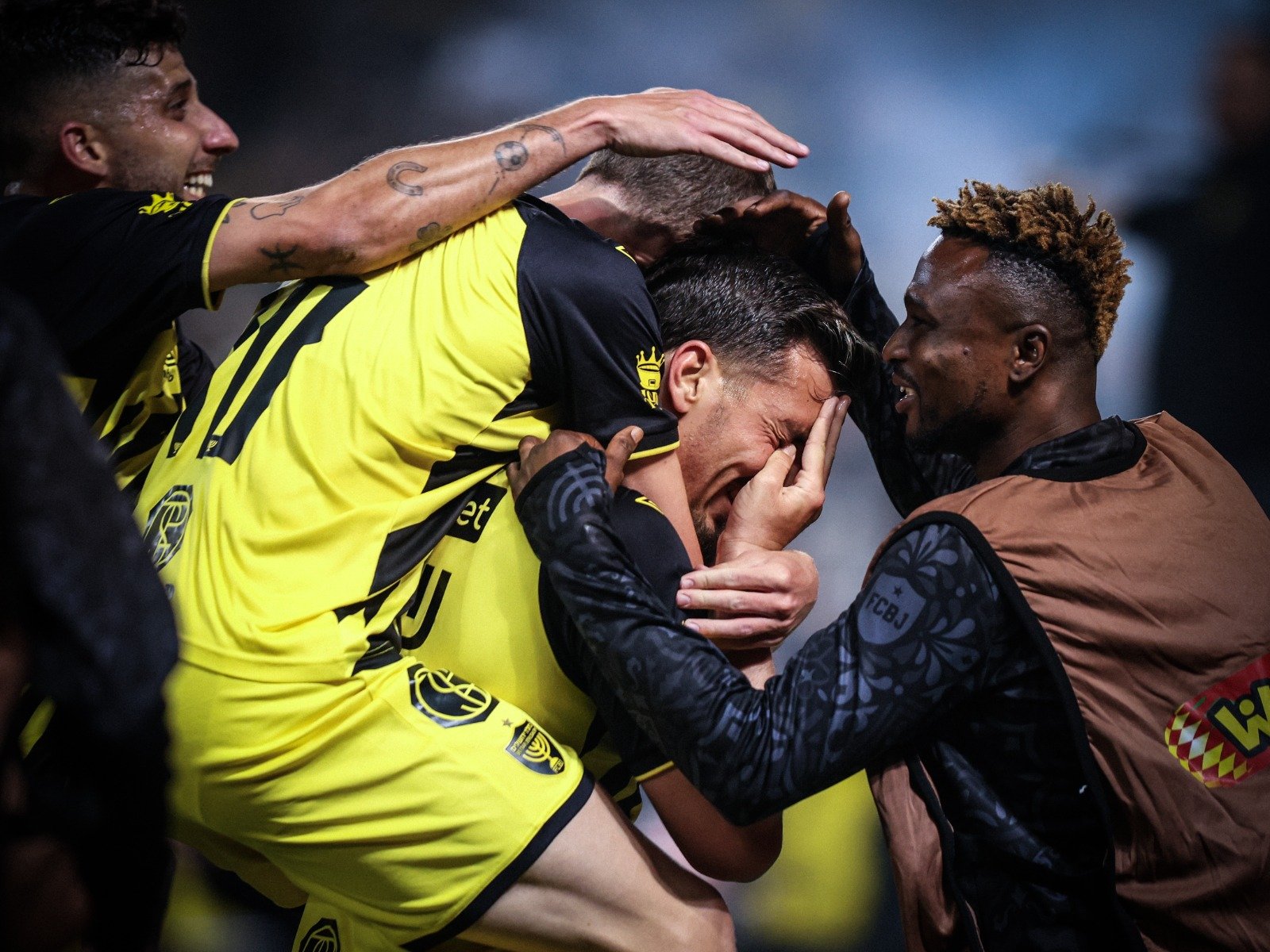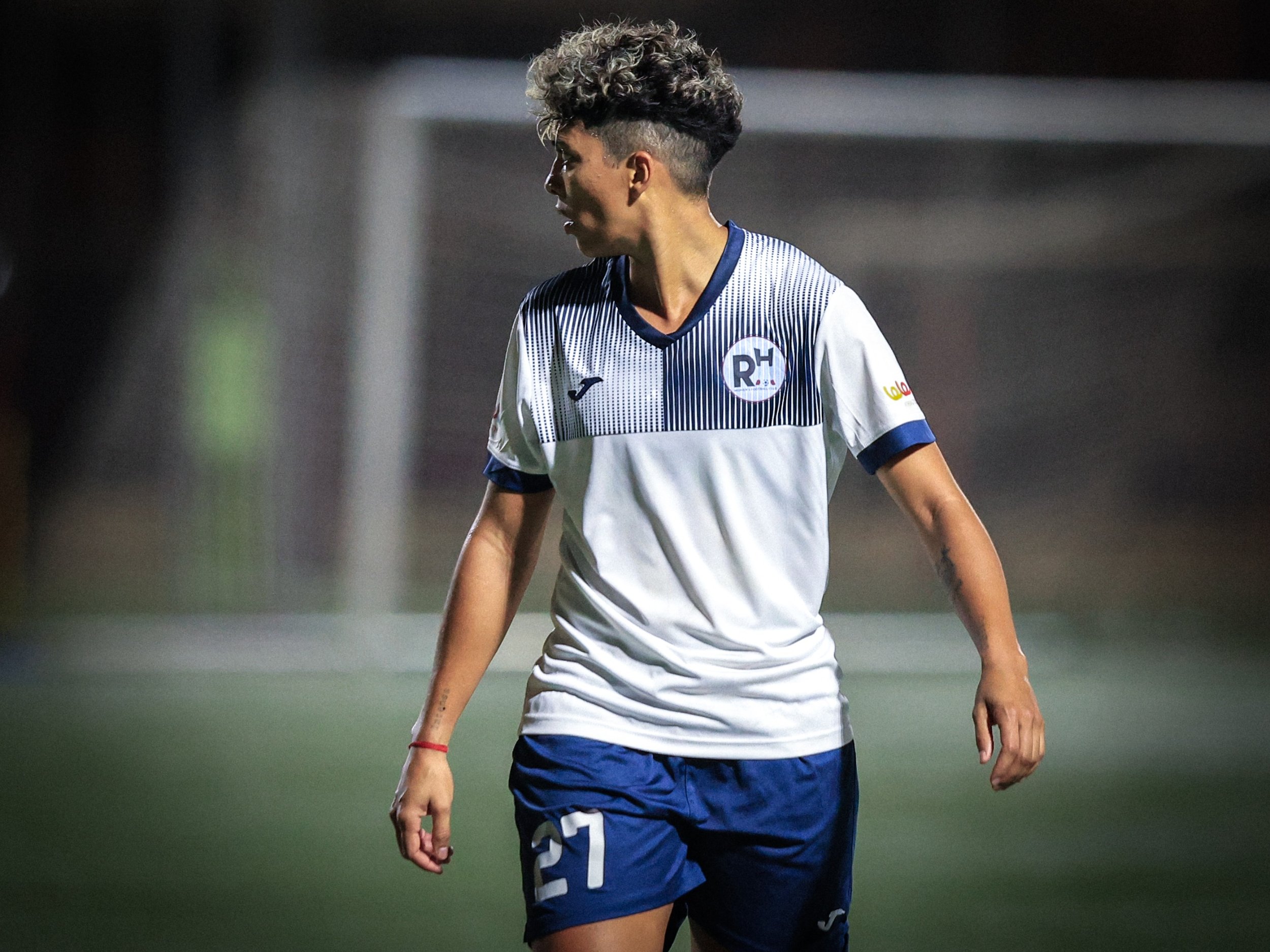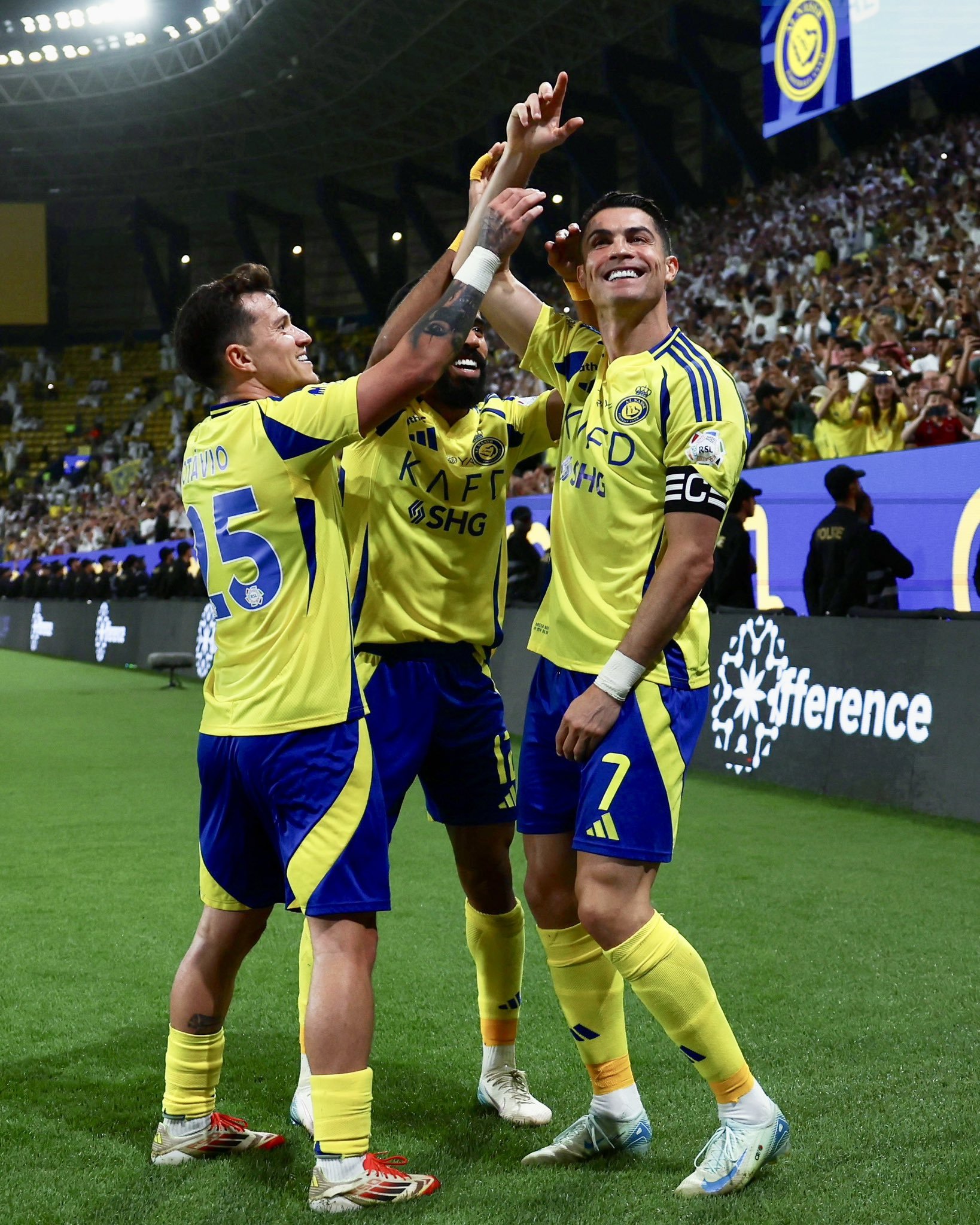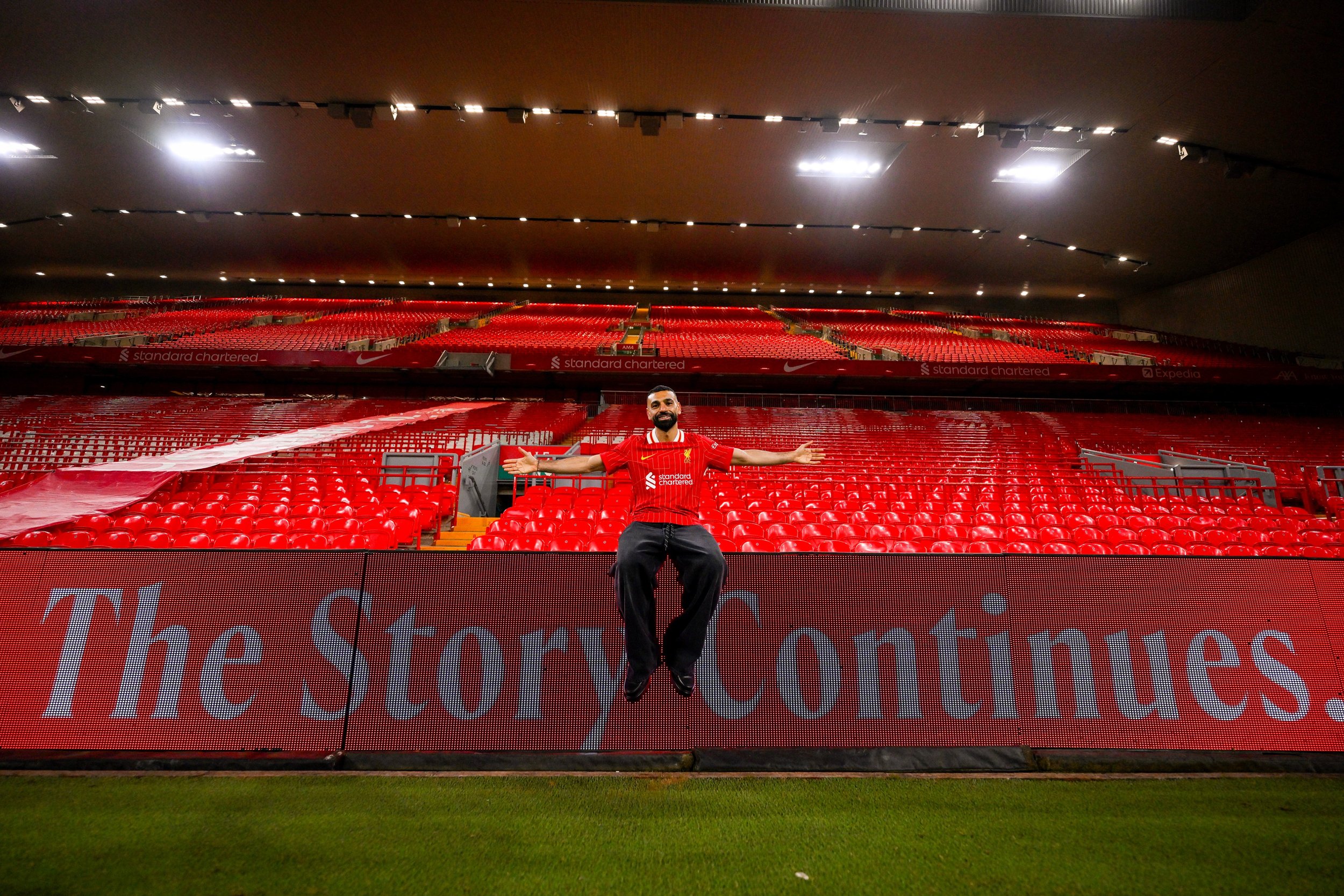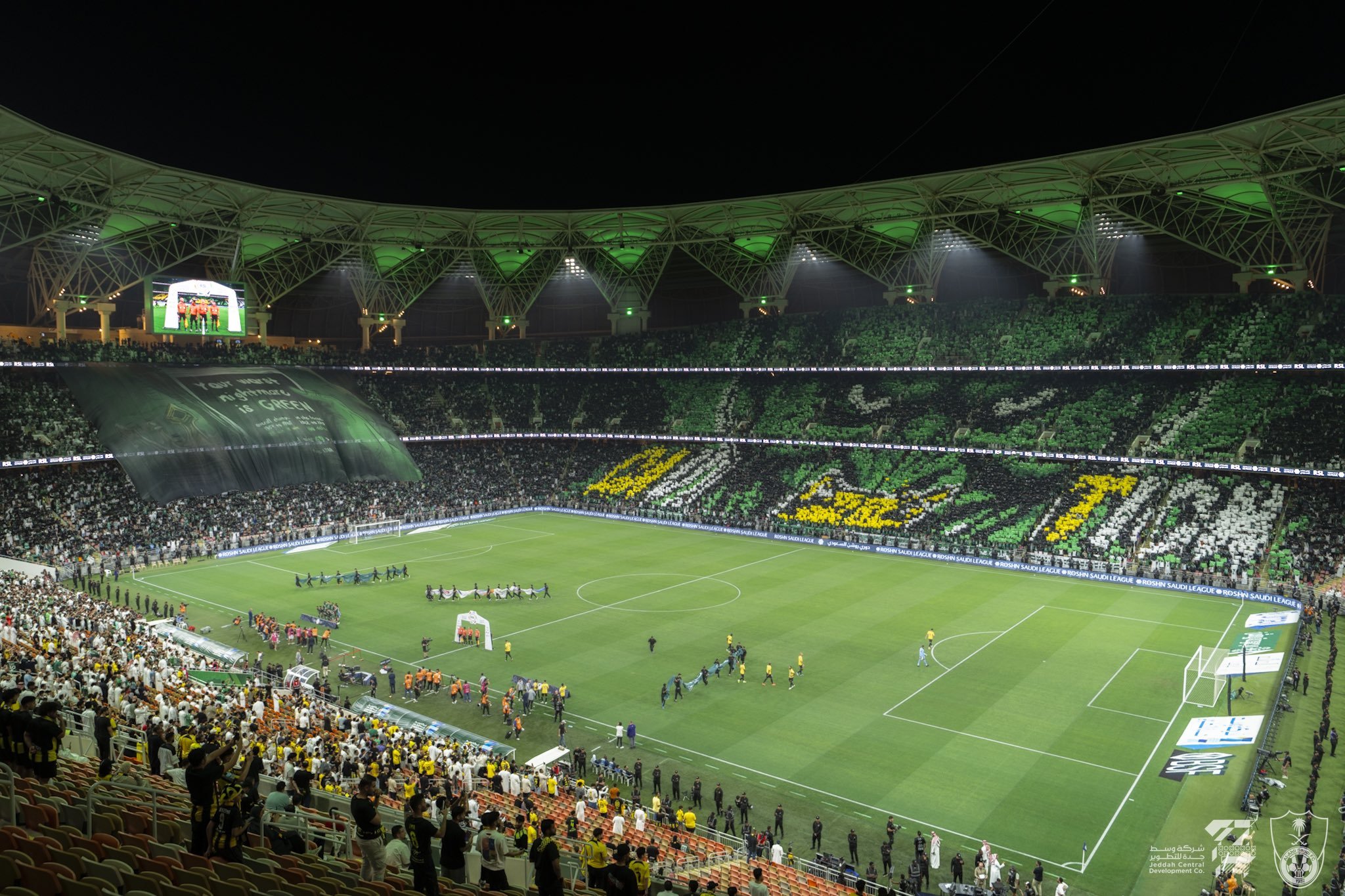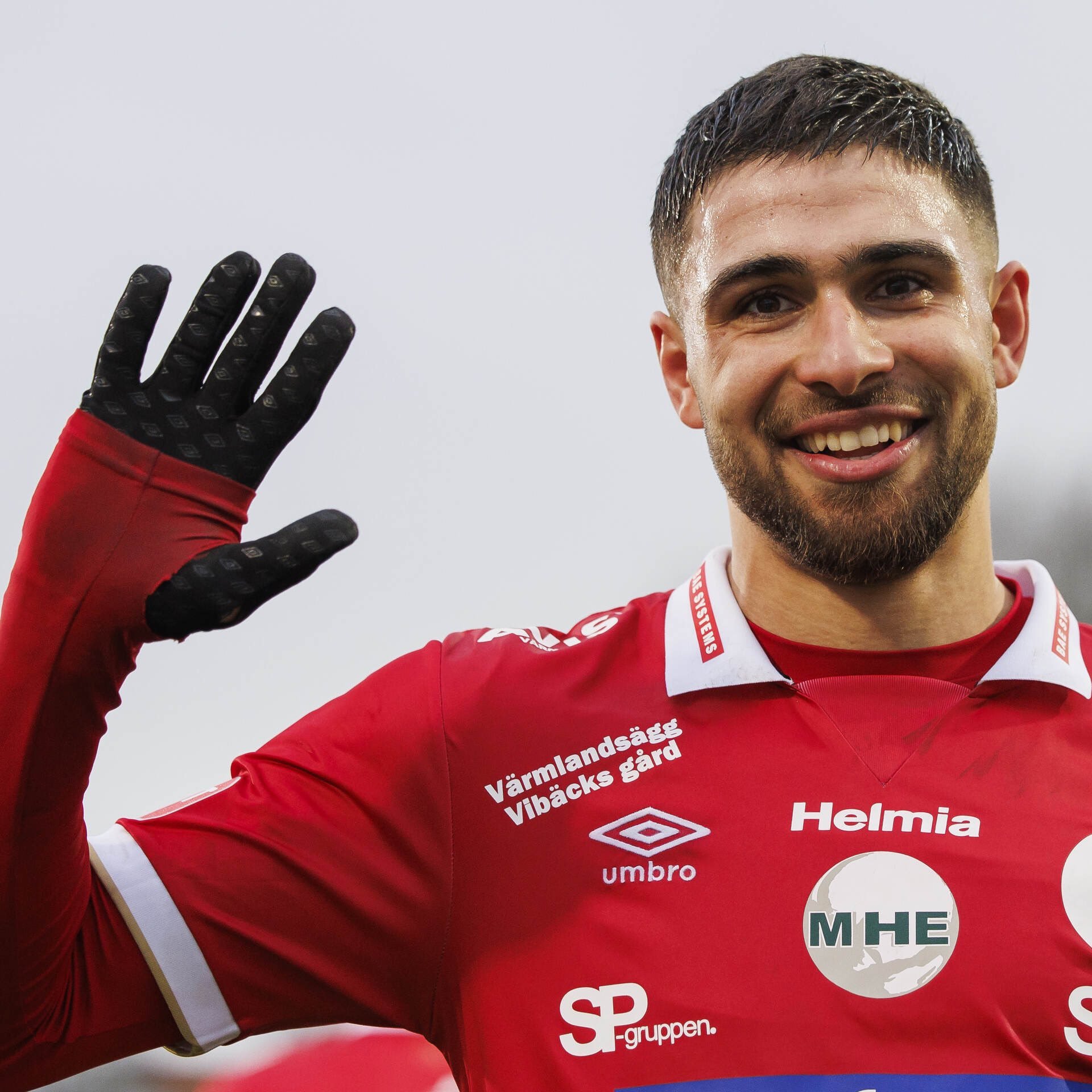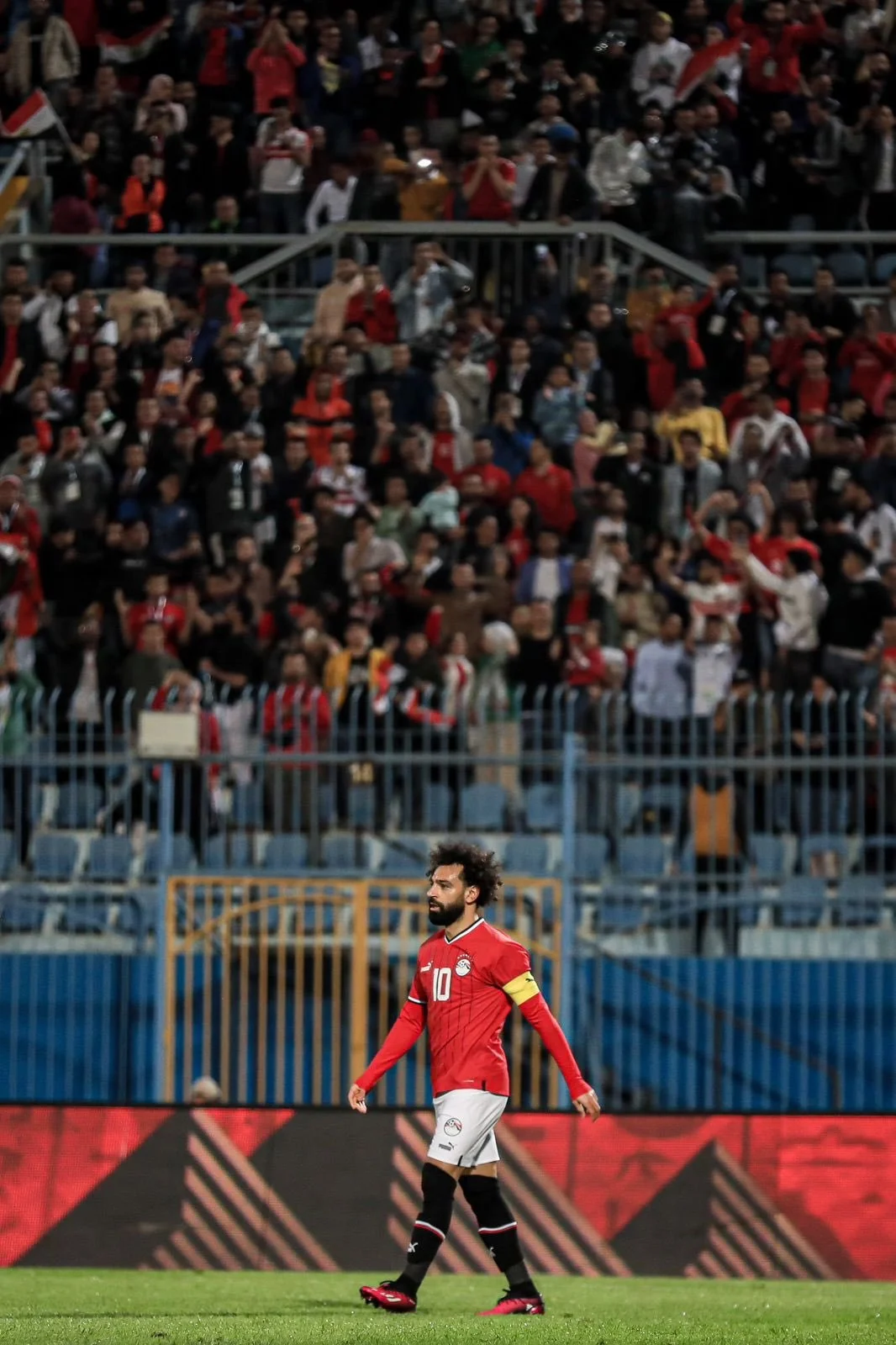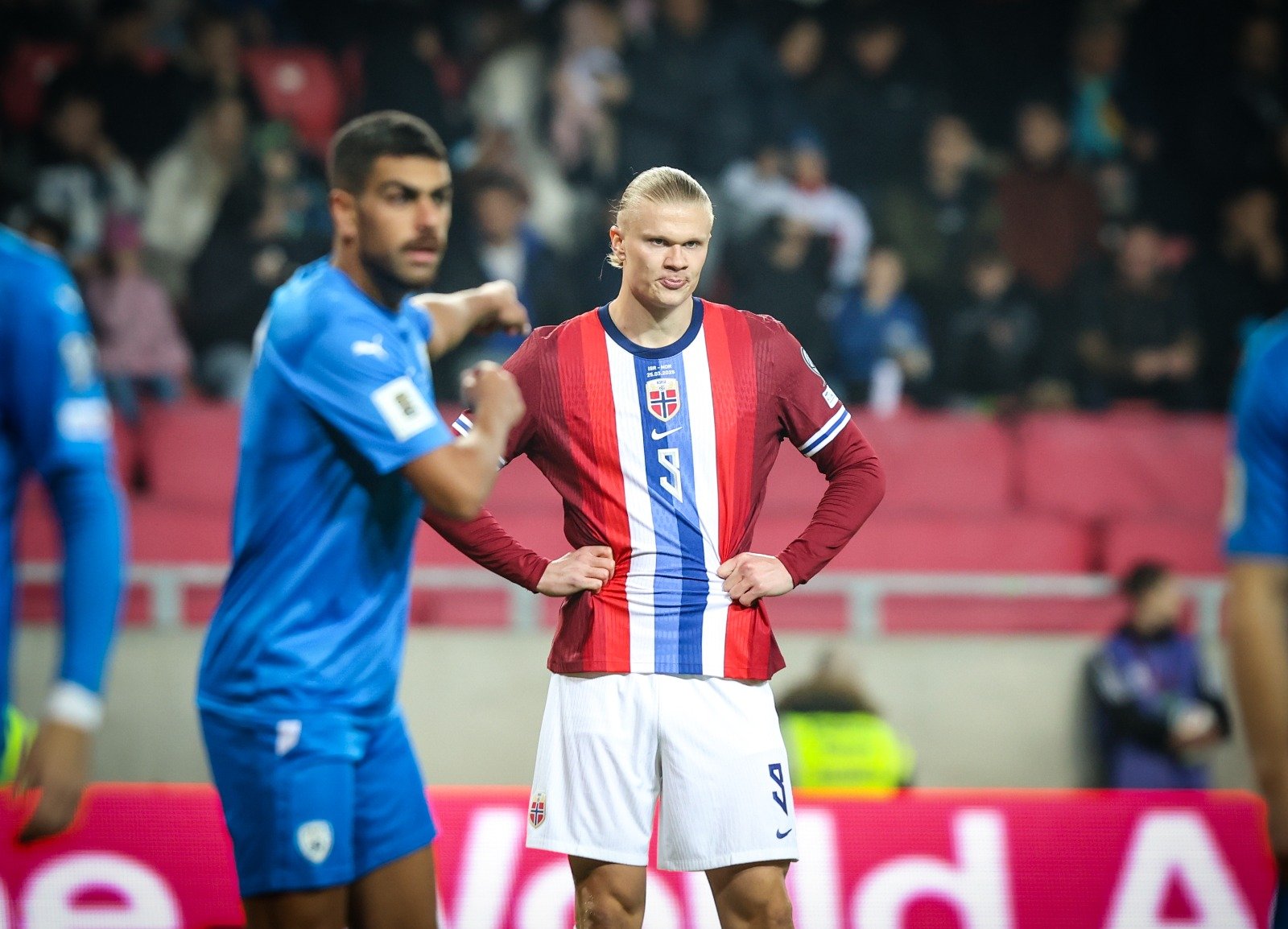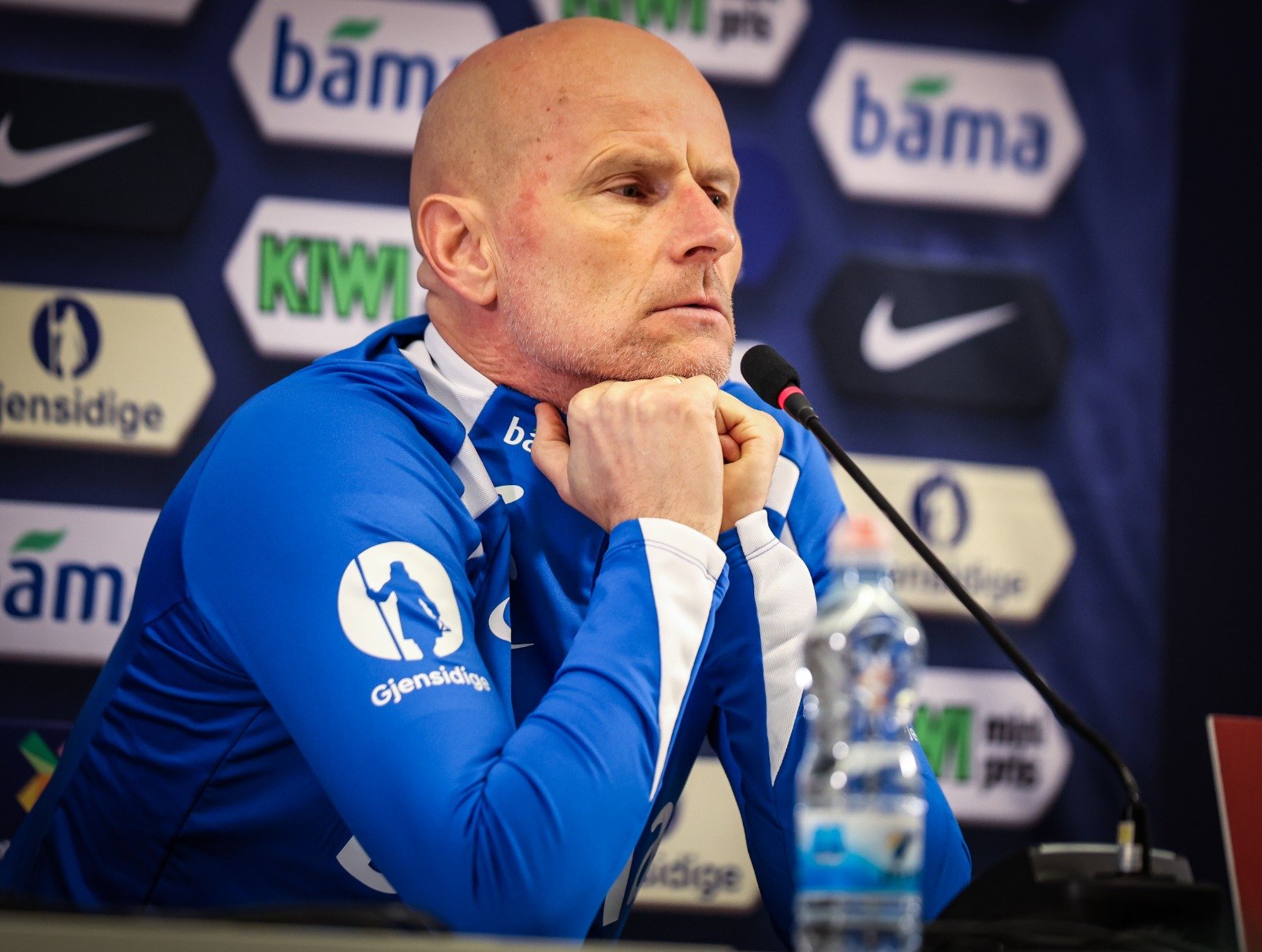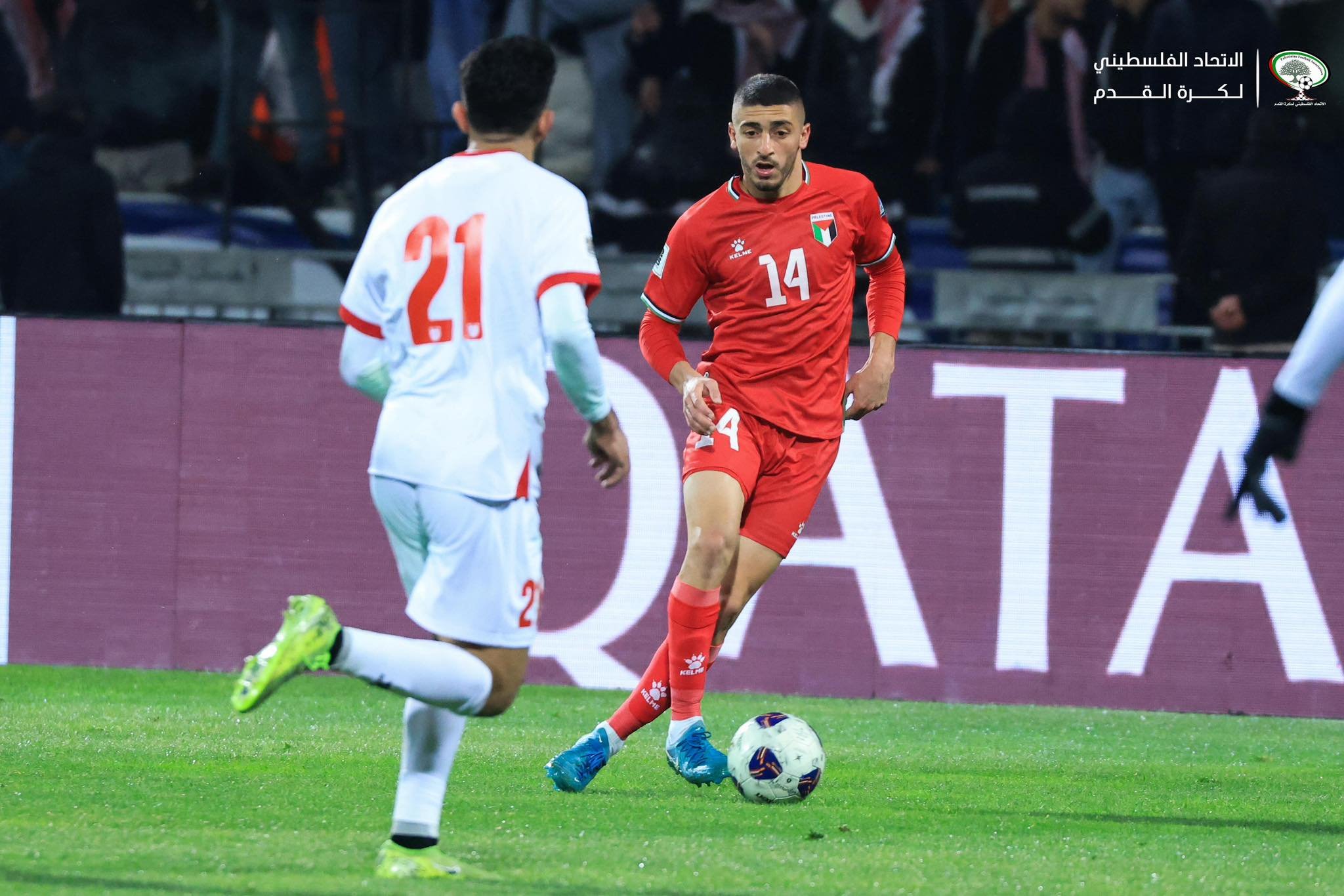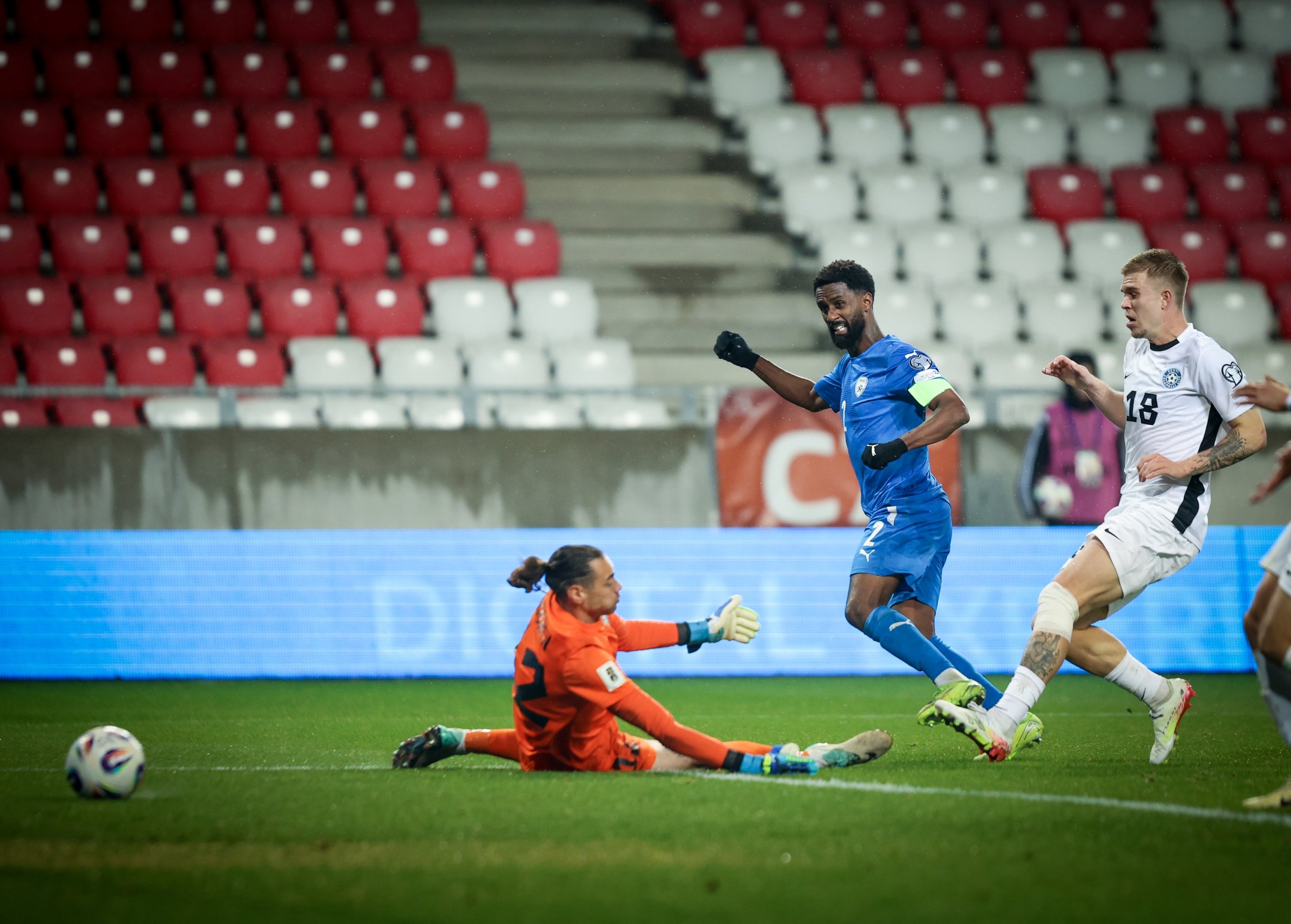Beram Kayal returned to Israel after 10 years abroad and signed for Bnei Sakhnin.
OFFICIAL: 🇮🇱 Beram Kayal is a Bnei Sakhnin’ player for the next 3 years.
— BabaGol (@BabaGol_) November 17, 2020
From the Premier League to the most prominent Arab club in Israel! That’s some exciting stuff. pic.twitter.com/7WLRhypouZ
It's common to see Israeli players return to spend their last seasons before retiring in their homeland. Usually, they returned to a club that they were part of, such as Yossi Benayoun's return to Maccabi Haifa. In other cases, they decided to join a club that could afford to pay the high salary, like Eyal Berkovic signing in Maccabi Tel Aviv in 2005.
Kayal's signing is entirely different. Before leaving Israel, Kayal played only in Maccabi Haifa. Moreover, Bnei Sakhnin is not one of the biggest clubs in Israel. The leading Arab-Israeli team returned to the top tier last season, and the club is occasionally facing financial difficulties.
According to sources, the deal couldn't be possible without external funding. Arab businessmen were involved in paying his wage and other clauses that are part of his contract in Bnei Sakhnin. As no major Israeli club was interested in signing Kayal, Bnei Sakhnin was his first option. It is a chance to make a change for a community.
اتحاد ابناء سخنين يوقع مع اللاعب بيرم كيال لمدة ثلاث سنوات ברוך הבא בירם כיאל חתם בבני סכנין לשלוש עונות
Posted by Bnei Sakhnin F.C. on Tuesday, 17 November 2020
Experience and Controversies
Beram Kayal brings his massive experience to Bnei Sakhnin. He previously played for Celtic, Brighton & Hove Albion, and Charlton Athletic. He also made 45 international caps for the Israeli national team. His long period in Britain made him be one of Israel's dominant players abroad.
Meanwhile, Kayal was considered by the Israeli fans as a controversial player. In the 2012 Euro qualifier match against Greece, he made a crucial mistake that led to a goal against Israel, that later was decisive. Since then, every mistake he made was highlighted, and he was the player to blame for failures. Although Kayal had an essential role in several campaigns, including scoring two goals, it didn't matter for the critics.
Moreover, Kayal didn't hide his national identity as an Arab. In 2014, he was criticized for publishing a post as a Celtic player with Palestinian flags in the background while Israel was during a military operation in Gaza Strip. In 2018, after a friendly match against Guatemala, he posted a photo on Instagram of the Arab players in the national team and stated that they are "The Bosses." He was criticized for making a separation between the Arab and the Jewish players.
Regional Impact
When talking about a successful return, one of the first examples is the signing of Elyaniv Barda in Hapoel Be'er Sheva in the summer of 2013. Barda's signing was the transformation of the club from being a bottom team to a title contender. Players started to consider Hapoel Be'er Sheva as an attractive team, and more famous players joined Barda.
Beram Kayal can have the same effect for Bnei Sakhnin. The decision of an Arab-Israeli player to join the club can maintain Bnei Sakhnin's status as the main representative of the minority. Bnei Sakhnin got its main support from the Arab-Israeli fans after winning the domestic cup in 2004, but it declined recently. In previous seasons, the decreased support became a more common phenomenon after more Arab teams were promoted to the second division.
Kayal can attract more players, Arabs and Jews, to join Bnei Sakhnin. The club had a bad reputation for financial problems and unprofessional management. During their relegation season two years ago, Bnei Sakhnin had six different managers, and players were bought and sold quickly. Kayal can use his experience from playing abroad in bringing new manners to the club and maybe change its destiny.
Apart from the Israeli point of view, Kayal can be the ambassador of bringing even a regional change to Bnei Sakhnin. Even in the past, the club got support from Arab countries that didn't have diplomatic relations with Israel. Sakhnin's stadium is called Doha Stadium, after the Qatari capital due to funding from the Qatari Olympic Committee. In the new era, when Israel is creating new connections with the UAE, Bahrain, and other Arab countries, Kayal and Bnei Sakhnin can look for foreign investments.
The new signing of Kayal is drawing attention, both for the short and long term. After an awful opening, with only one point after four matches, although they made some decent signing such as Palestine national team goalkeeper, Rami Hamadeh, Kayal could be a game-changer for the club.
If it would be successful enough, he could be the one that changed Bnei Sakhnin for good.

Maccabi Tel Aviv held 1-1 by Maccabi Haifa as Be’er Sheva beat Beitar to reclaim top spot in a thrilling Israeli Premier League night.
Late drama in Turner as Miguel Vitor’s winner lifts Be’er Sheva back to the top, while Beitar rue a costly red card in fiery clash.
Cristiano Ronaldo nets two for Al-Nassr as Al-Ittihad win again to stay top of the Saudi Pro League after Round 27.
Thailand and China will host the AFC U20 and U17 Women’s Asian Cups, aiming to boost youth football development across Asia.
CAF U-20 AFCON 2025 draw is out: Egypt hosts, Nigeria, Senegal, Ghana headline tight groups. Top 4 to qualify for FIFA U-20 WC.
Zamalek out, Stellenbosch through! Four clubs set for thrilling CAF Confederation Cup semi-finals starting April 20.
Al Ahly, Pyramids, Sundowns, and Pirates set up all Egypt vs South Africa CAF Champions League semi-finals in April 2025.
Mohamed Salah has extended his Liverpool contract for two more seasons, aiming for more trophies after another prolific season with the Reds.
Omer Atzili's brace leads a dominant performance as Beitar secures a spot in May's championship match, continuing their impressive season.
Liverpool's Egyptian star forward Mohamed Salah is close to signing a two-year contract extension that will keep him at Anfield through 2027.


